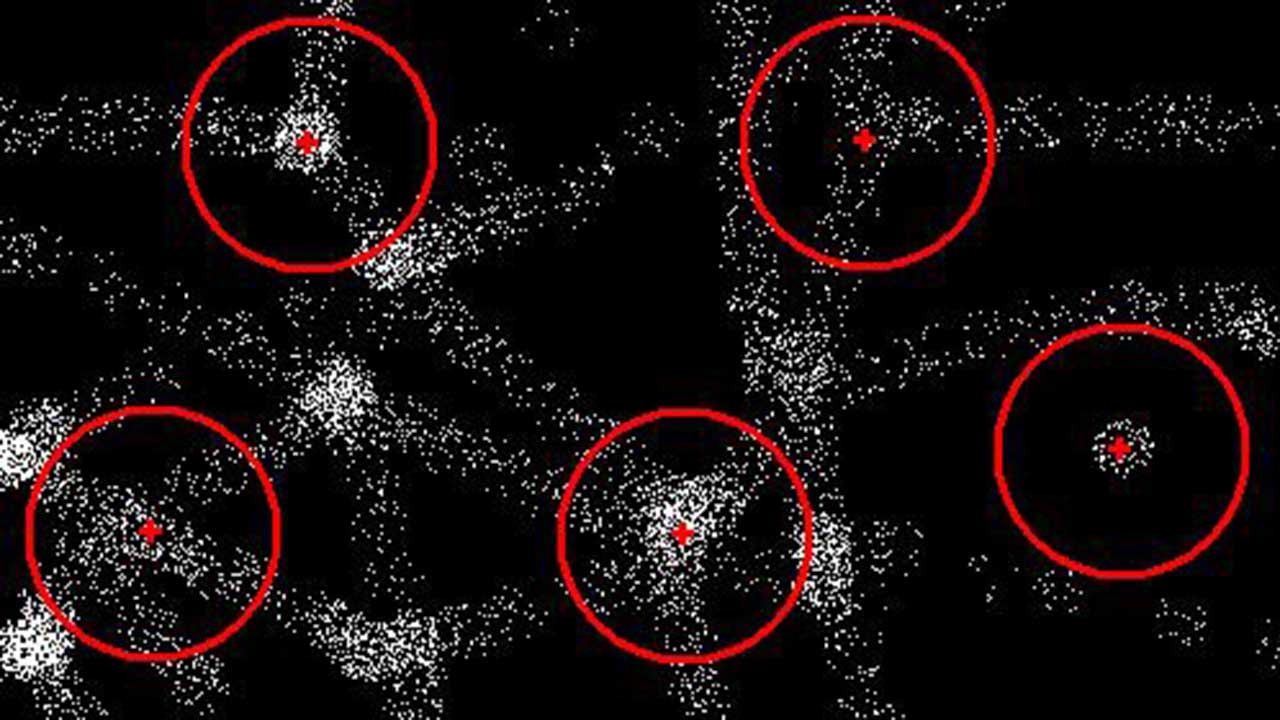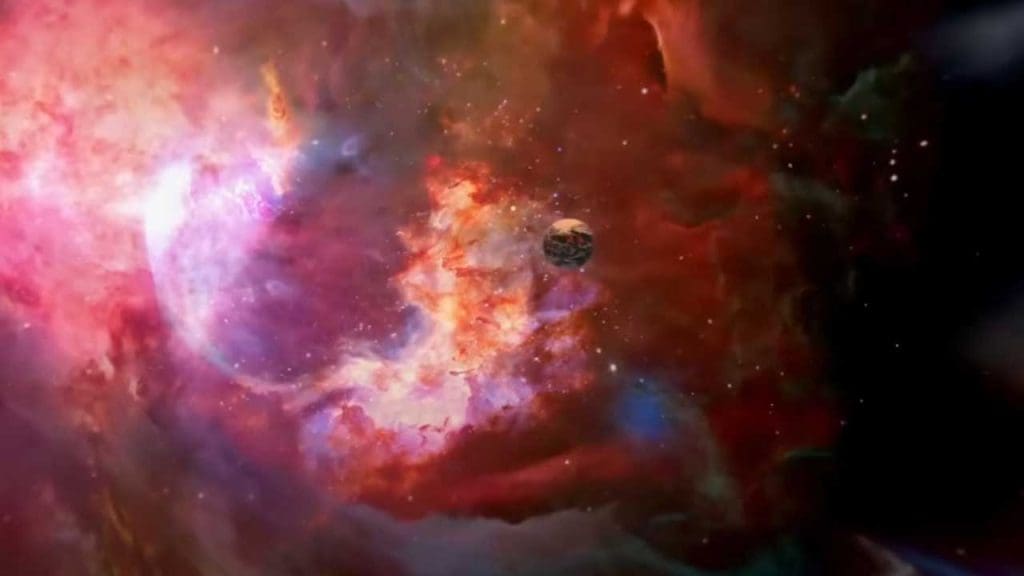
Recent advancements in quantum computing have reignited the debate on the existence of a multiverse. Google’s new quantum computer, Sycamore, has made groundbreaking strides that suggest our universe might just be one of many parallel realities. This article explores the implications of these developments and how they reshape our understanding of reality.
The Quantum Leap: Understanding Google’s Breakthrough

Google’s Sycamore quantum processor represents a significant leap forward in computing technology. Unlike traditional computers, which use bits as the smallest unit of data, Sycamore operates with qubits that can exist in multiple states simultaneously. This unique capability allows it to perform complex calculations at unprecedented speeds, achieving tasks in seconds that would take classical computers thousands of years.
The concept of quantum supremacy is crucial to understanding the importance of Sycamore’s achievements. Quantum supremacy refers to the point at which a quantum computer can solve problems that are practically unsolvable for classical computers. This milestone has vast implications across numerous fields. In cryptography, for instance, it could revolutionize encryption methods, while in drug discovery, it offers the potential to simulate molecular interactions at a scale previously unimaginable.
The Multiverse Theory: A Primer

The multiverse theory, rooted in quantum mechanics, posits that our universe might be just one of many coexisting parallel realities. This idea stems from quantum phenomena such as superposition, where particles can exist in multiple states, and entanglement, where particles remain connected across distances. These phenomena challenge our traditional understanding of a singular, linear universe.
The implications of the multiverse theory extend beyond the scientific realm, touching on profound philosophical questions. If multiple universes exist, it raises questions about the nature of reality and our place within it. Are there versions of ourselves living different lives in alternate realities? Such questions push the boundaries of existential thought and challenge the core of human understanding.
Challenges and Controversies in Quantum Research

Despite the promise of quantum computing, significant technical challenges remain. Maintaining qubit stability and managing errors are formidable tasks that researchers continue to grapple with. Quantum systems are highly sensitive to environmental disturbances, and the process of error correction is complex and resource-intensive.
Beyond technical hurdles, the ethical and philosophical debates surrounding quantum technology are equally pressing. The power of quantum computing raises concerns about its potential misuse, particularly in areas like surveillance and data privacy. Additionally, the scientific community remains divided over the interpretation of quantum mechanics, with ongoing debates about the validity of the multiverse theory and its implications for our understanding of the universe.
Future Prospects: Where Do We Go From Here?

As quantum technology advances, the future promises even greater breakthroughs. Researchers predict that continued developments could lead to new fields of study and applications we have yet to imagine. The integration of quantum computing with other technologies could unlock new potential in areas such as artificial intelligence and materials science.
The role of quantum computing in unraveling the mysteries of the universe cannot be understated. As we harness this technology, collaboration between physicists, computer scientists, and philosophers will be essential. Together, they may uncover deeper insights into the multiverse and our place within it, ultimately reshaping our understanding of existence itself.